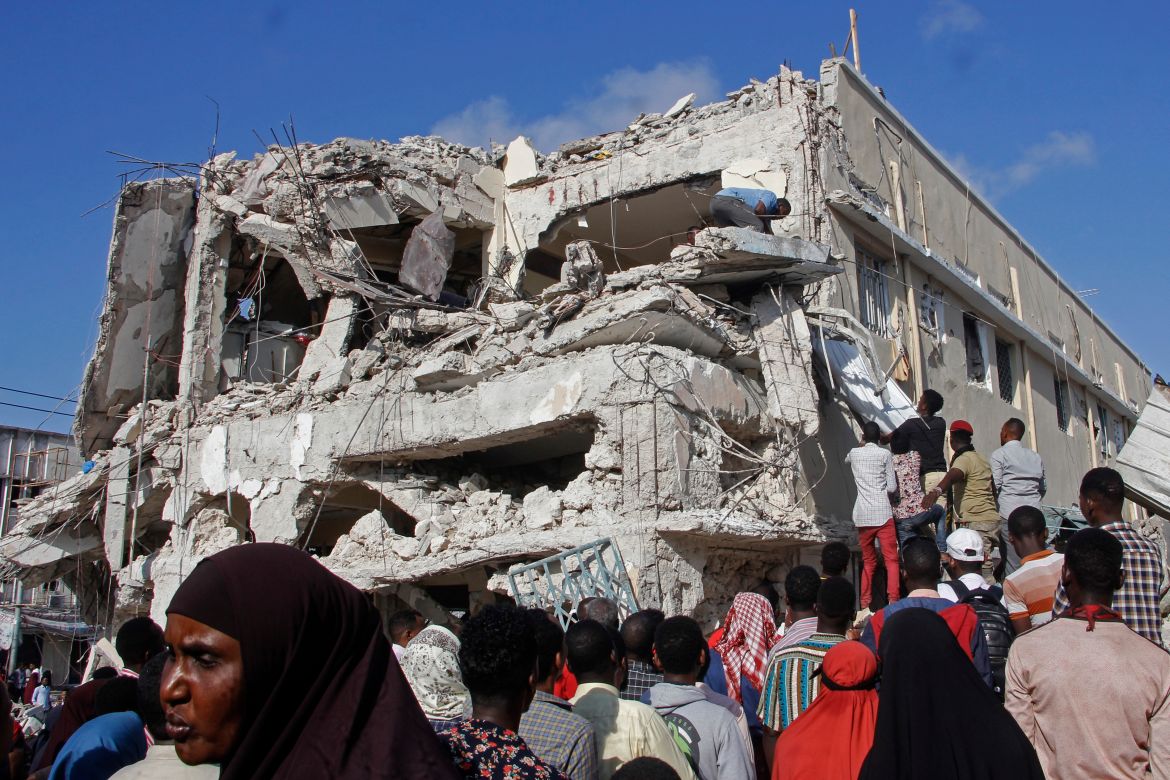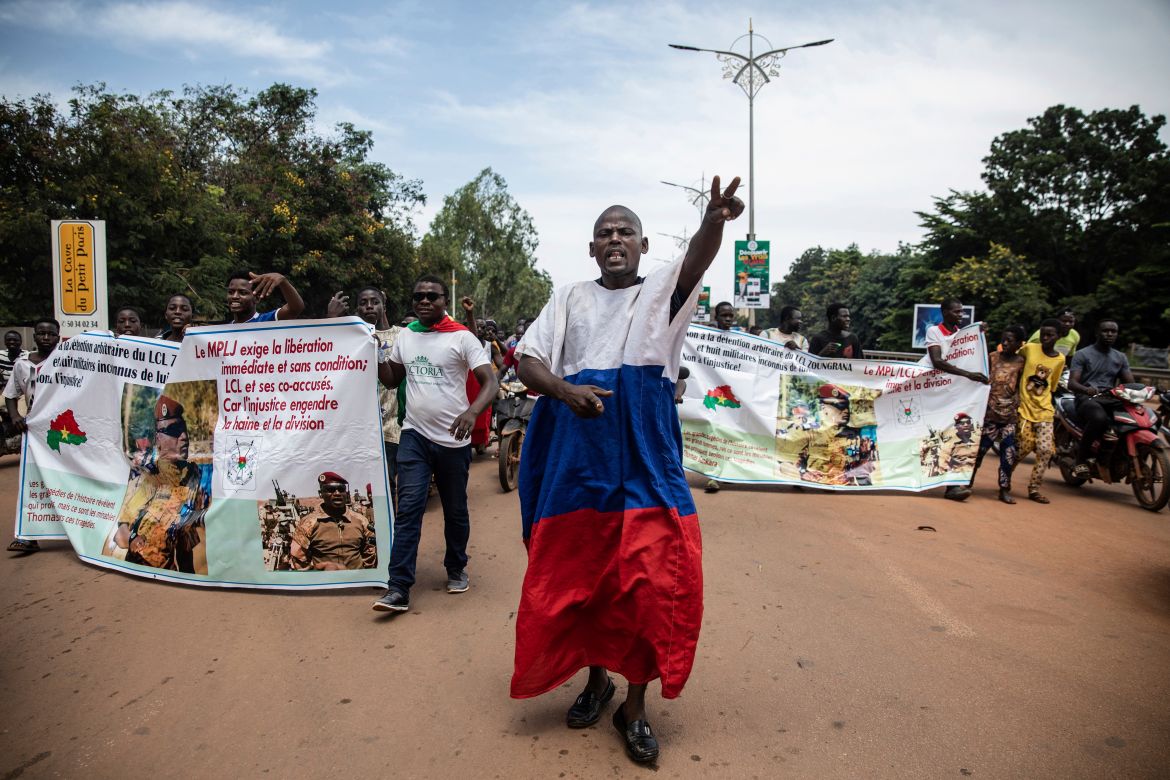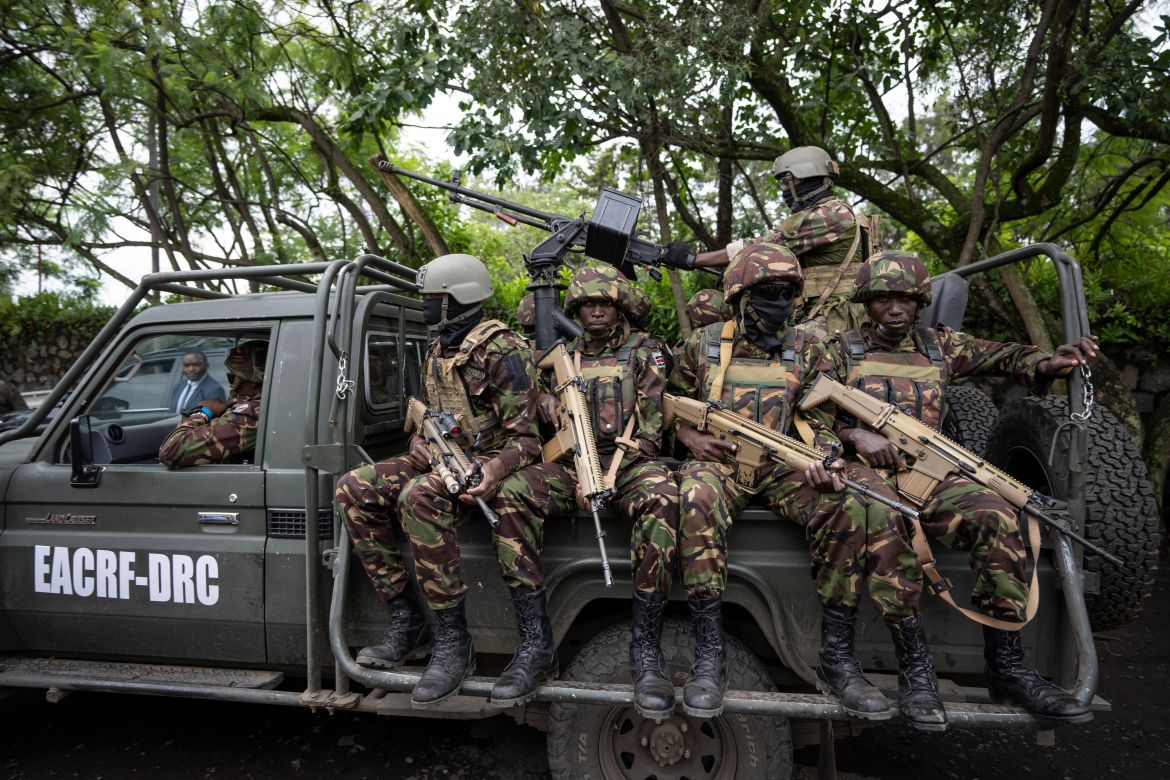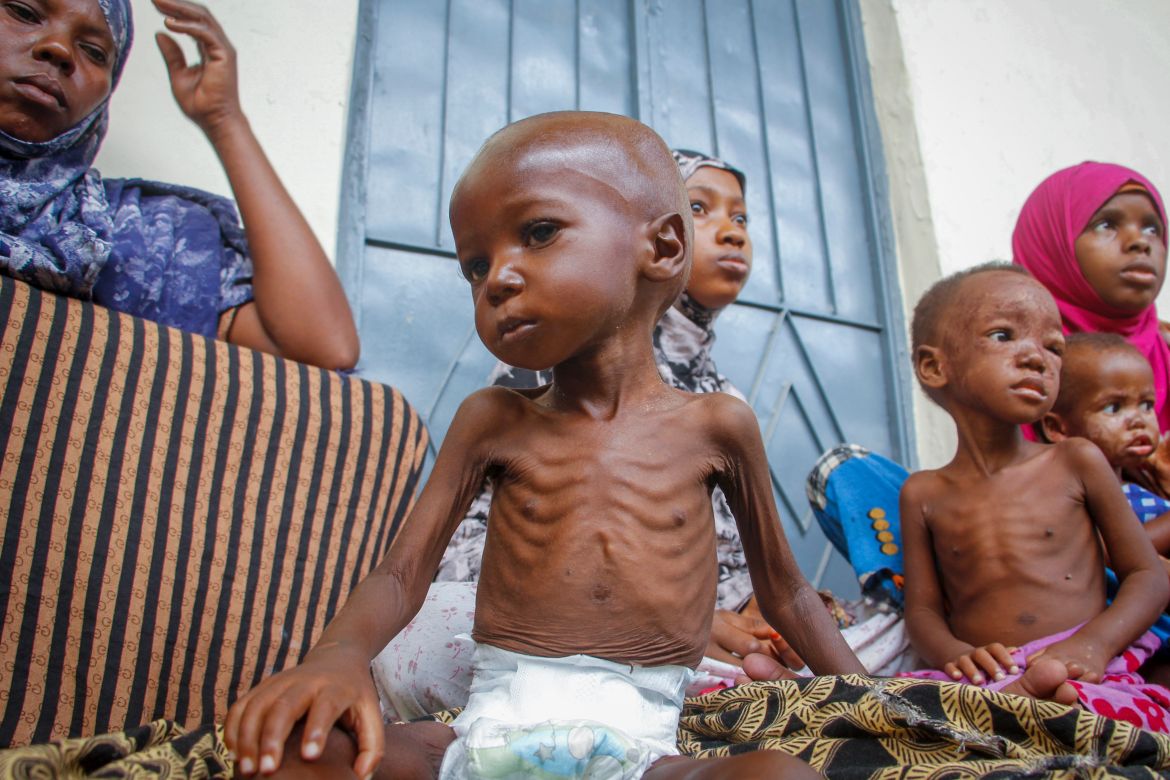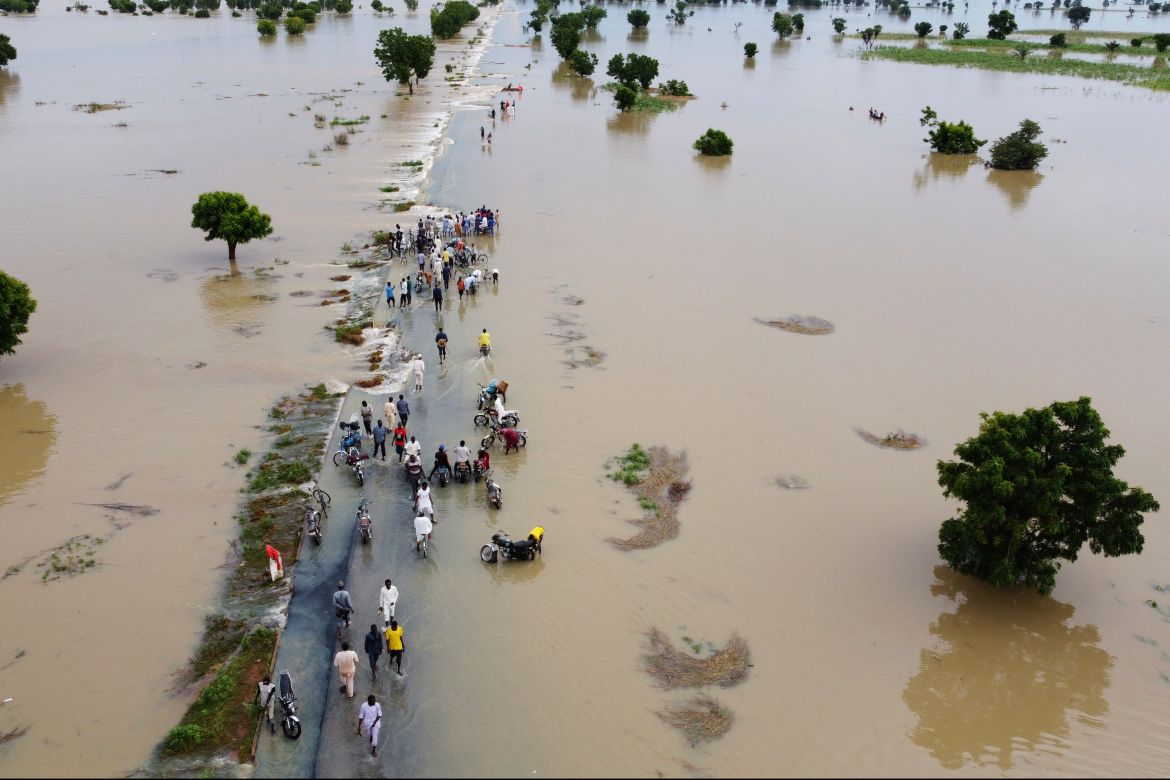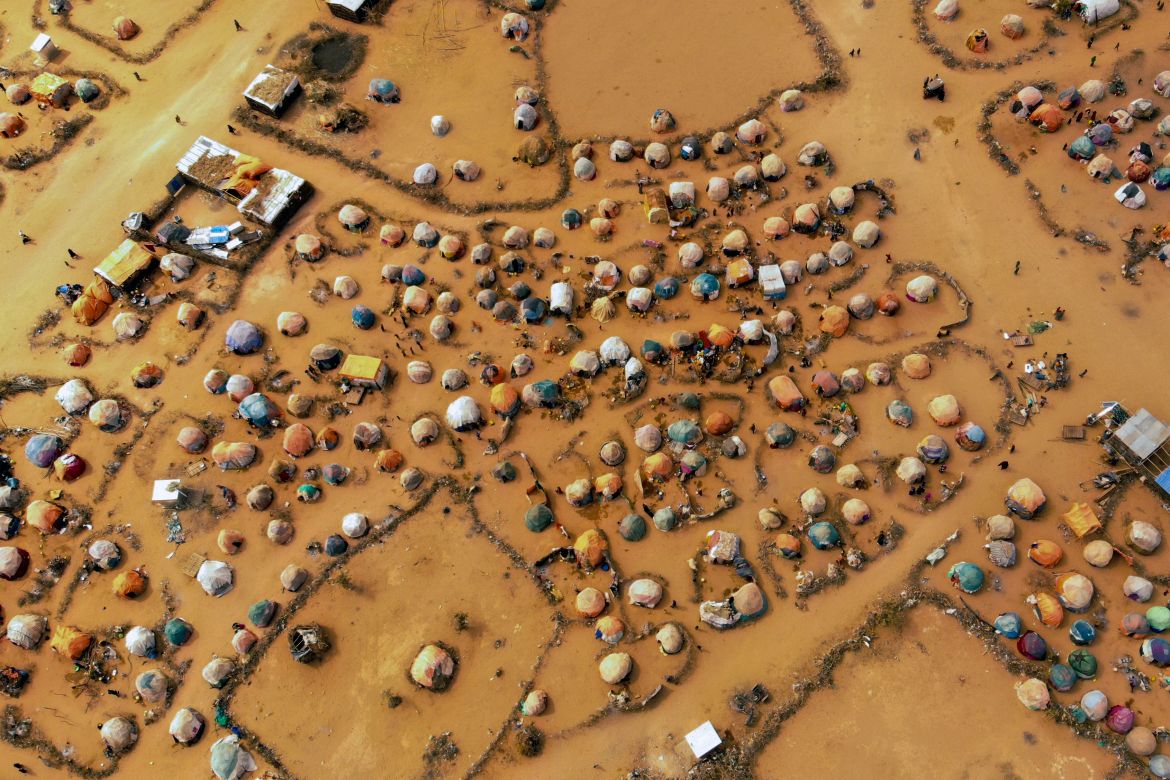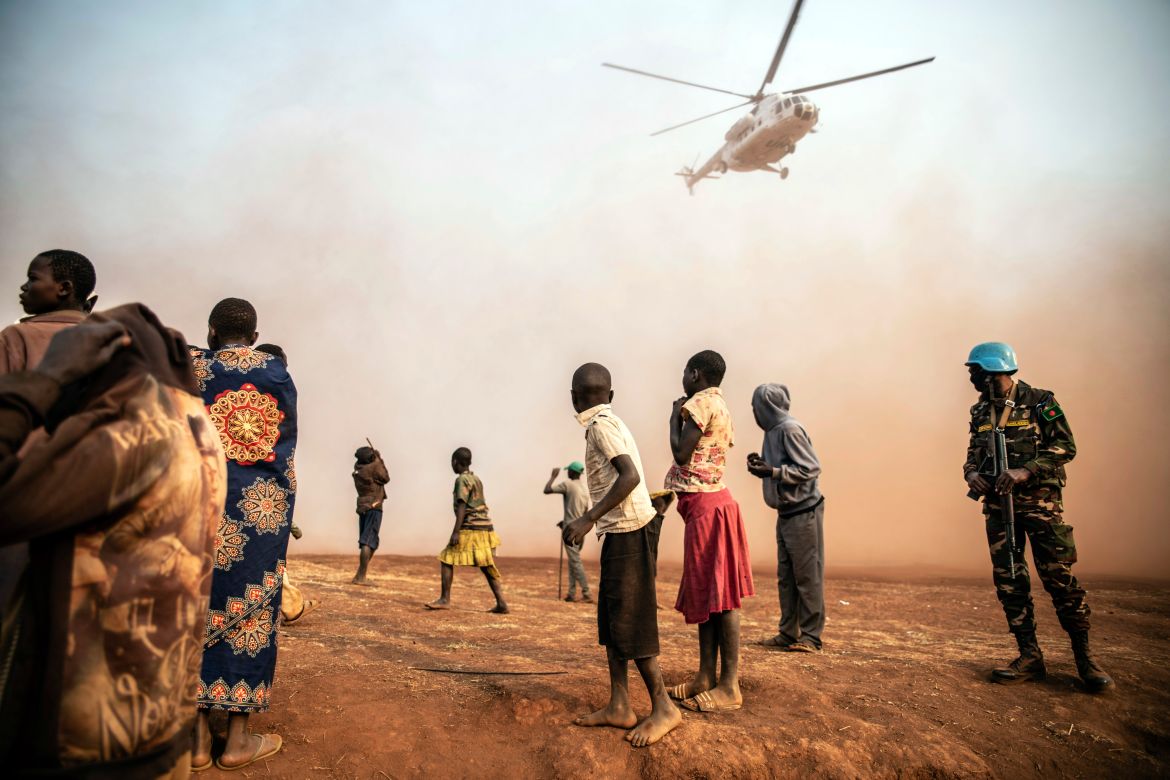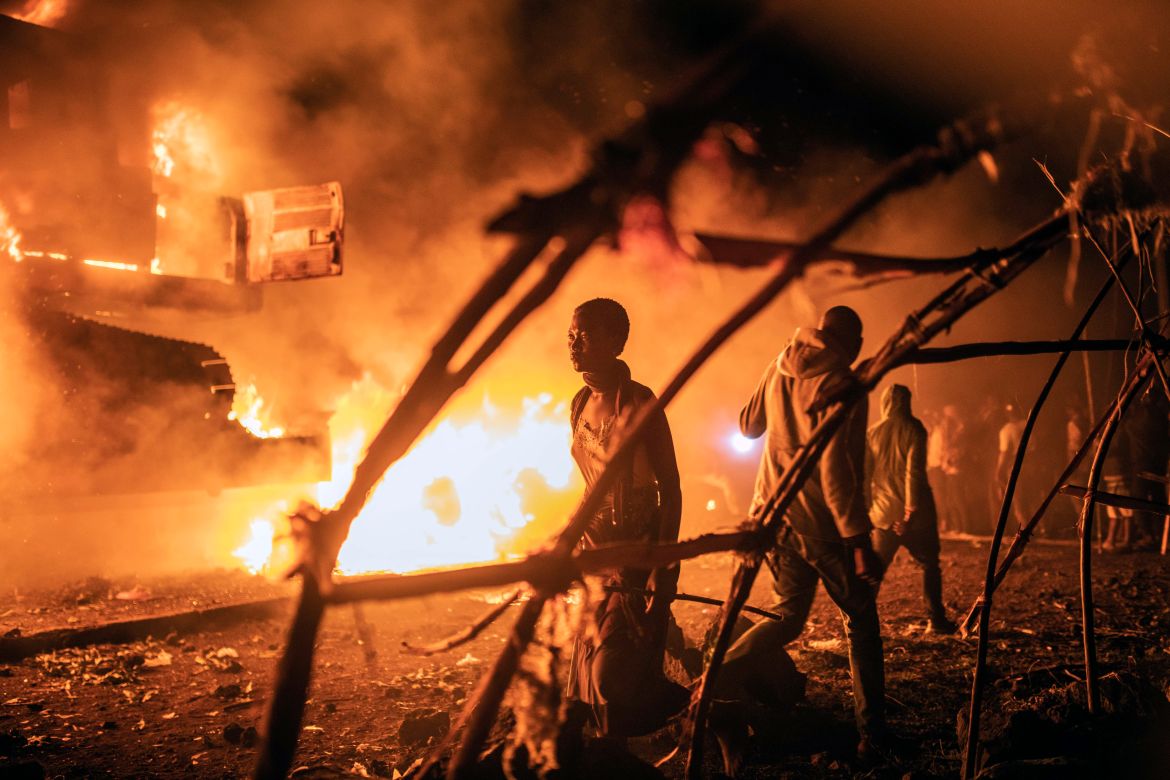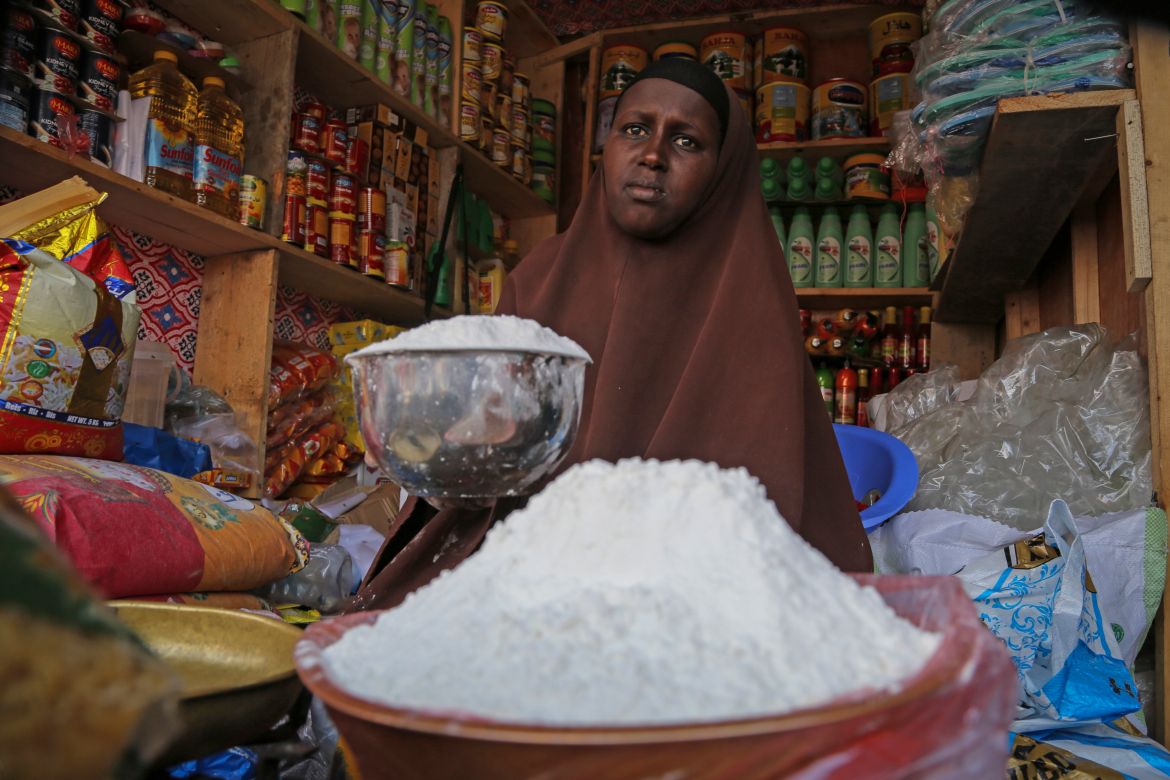In Pictures
Photos: Peaceful polls, coups, droughts mark Africa in 2022
Conflicts within and outside Africa impacted the continent in 2022, but multiple peaceful transitions offered hope.
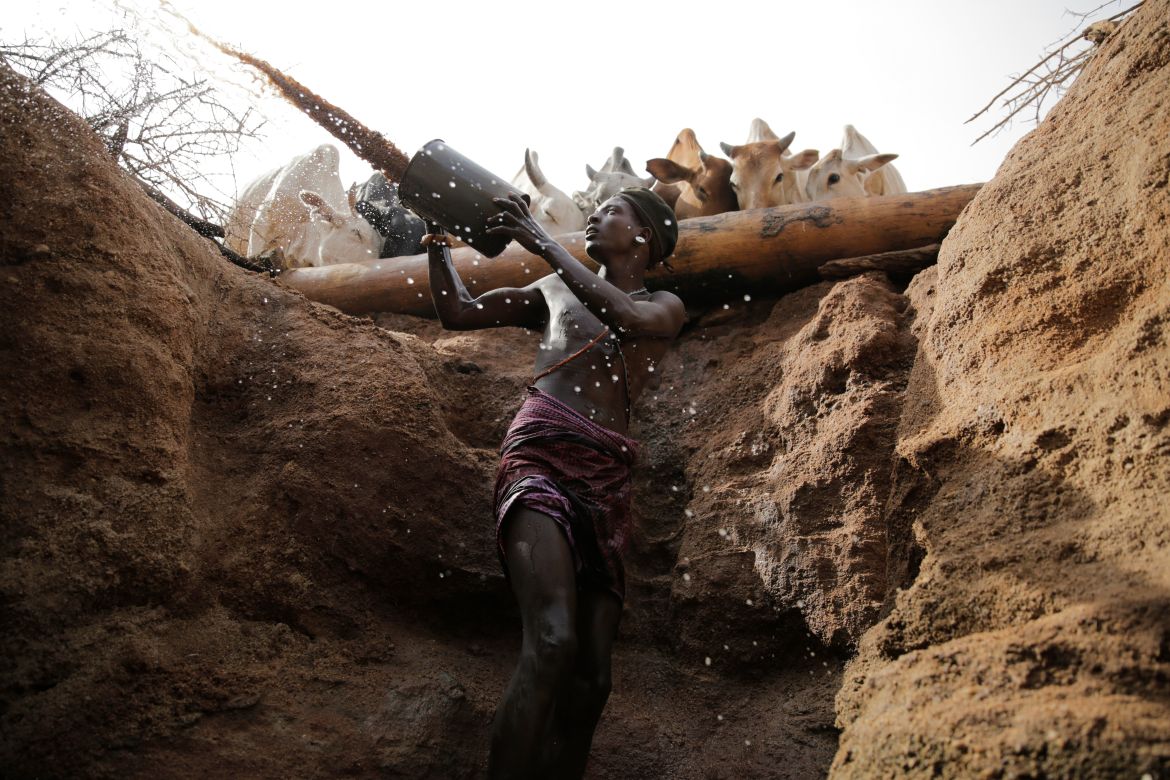
Elections, coups, disease outbreaks and extreme weather were some of the main events that occurred across Africa in 2022.
Problems brewed thousands of miles away — climate change and the war in Ukraine — have been devastating to the continent, say experts.
The climate crisis is hitting Africa “first and hardest”, said Kevin Mugenya, a senior resilience and food security adviser for Africa at Mercy Corps, an international charity.
The continent of 54 countries and 1.3 billion people is facing “a catastrophic global food crisis” that “will worsen if actors do not act quickly”, Mugenya told The Associated Press news agency.
With less than 1 percent of arable land equipped for irrigation in a continent that suffers one-third of global droughts, African farmers are exposed to erratic rainfall, rising temperatures and droughts, according to an International Monetary Fund policy paper.
The deadly effects of extreme weather conditions are amplified in the Horn of Africa. The worst drought in decades that has seen a fifth failed rainy season in Kenya, Somalia, and Ethiopia is affecting about 40 million people, according to the United Nations.
In Nigeria, 1 million acres (404,700 hectares) of farmland were submerged following the worst flooding in a decade that displaced more than 1.3 million people and destroyed crops that were already faltering in some areas due to prolonged conflict, said Mercy Corps.
Rising food prices due to the Ukraine war harshly affected sub-Saharan Africa, which imported 44 percent of its wheat from Russia and Ukraine between 2018 and 2020, according to UN figures.
On the political front, peaceful elections in Angola, Kenya, Lesotho and Senegal, were bright spots for Africa.
But armed conflict loomed large across the continent, especially in Somalia, Nigeria, Mozambique, Burkina Faso and Mali. The extremist violence threatened to spread to even more countries, especially in West Africa’s Sahel region.
The Democratic Republic of the Congo’s eastern region saw violence by several armed militias, especially the M23 group. As insecurity worsened and the M23 rebels advanced to take some territory, including a major town in August, DRC and neighbouring Rwanda threatened to go to war as each side accused the other of supporting armed groups in the mineral-rich region.
In Ethiopia, the continued presence in Eritrea of government-allied forces who are accused of some of the worst abuses in the two-year war between Ethiopian and regional Tigray forces threatens a November peace deal to end a conflict that has been far deadlier than the one in Ukraine.
Burkina Faso’s two coups — the first in January and another in September — brought Russia’s involvement in the West African country under scrutiny. Within hours of the second coup, the head of Russia’s shadowy mercenary outfit, the Wagner Group, was among the first to congratulate the new military leader.
Wagner Group mercenaries have already established footholds for Russia in at least half a dozen African countries. These include the Central African Republic, Sudan and Mali, which is battling an armed uprising similar to the one in Burkina Faso that has killed thousands and displaced some two million people. The Wagner Group has been accused of committing human rights abuses in Mali.
